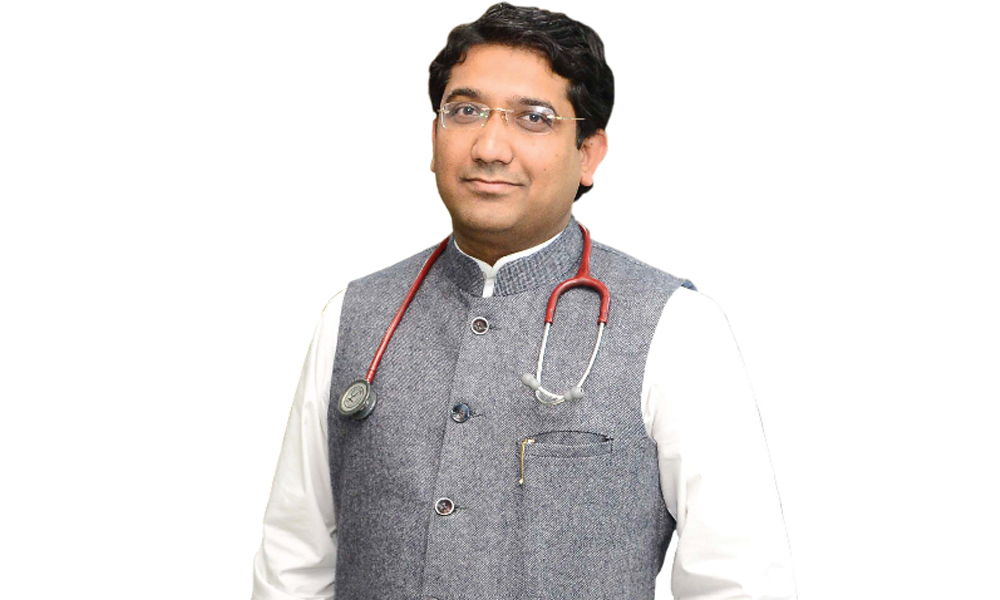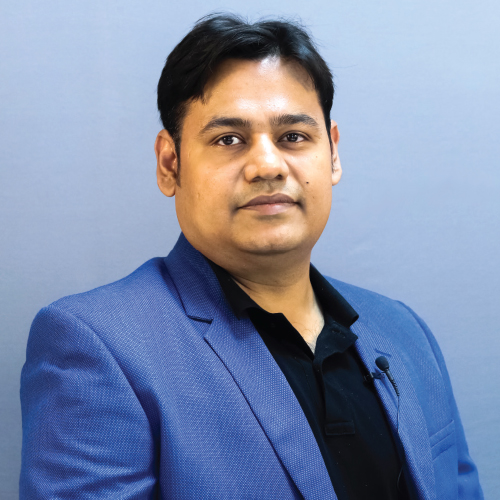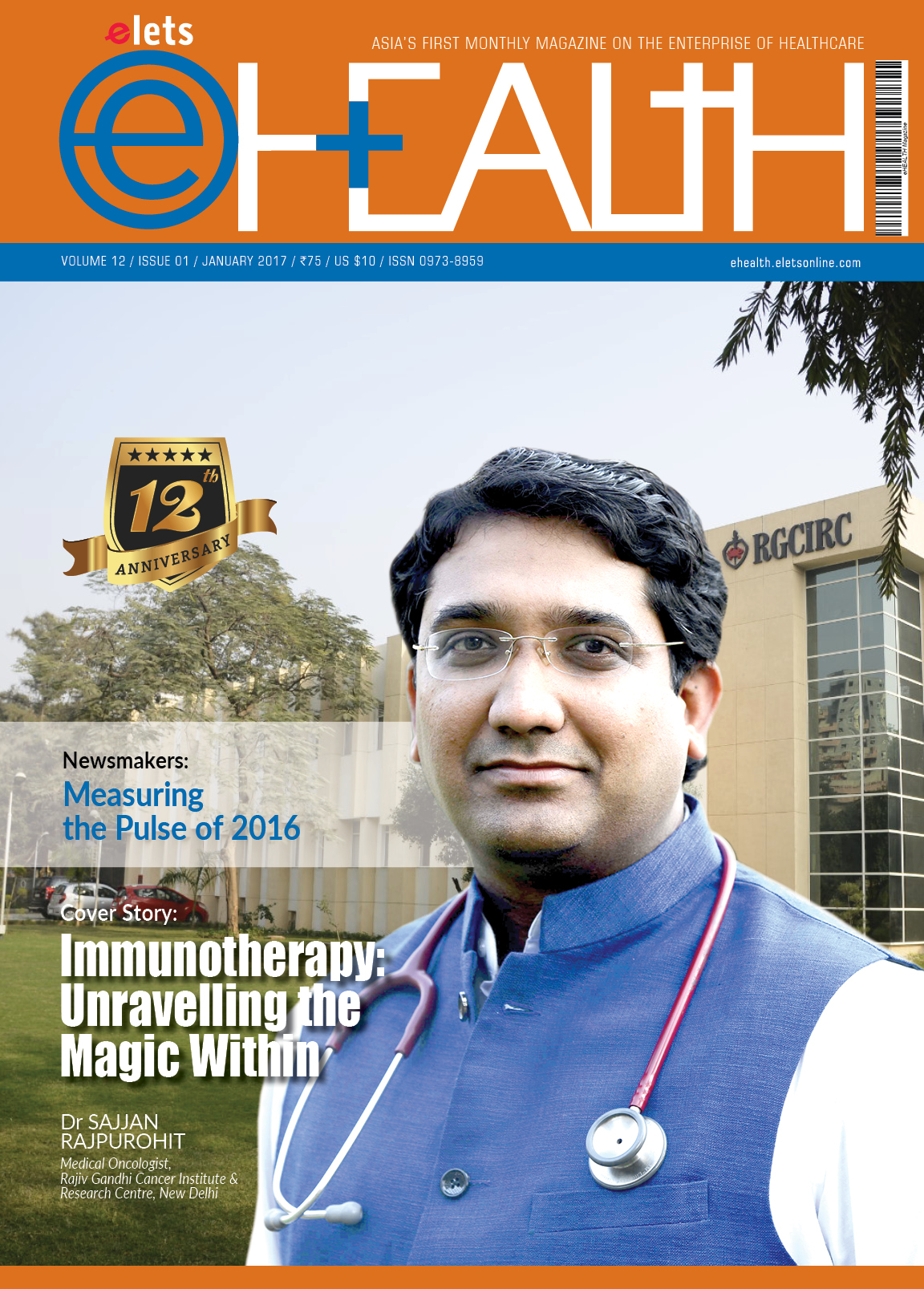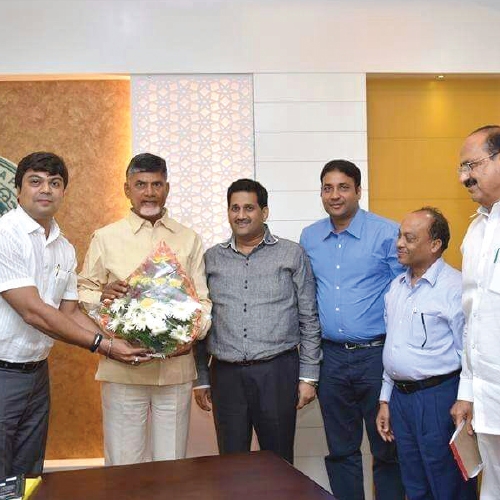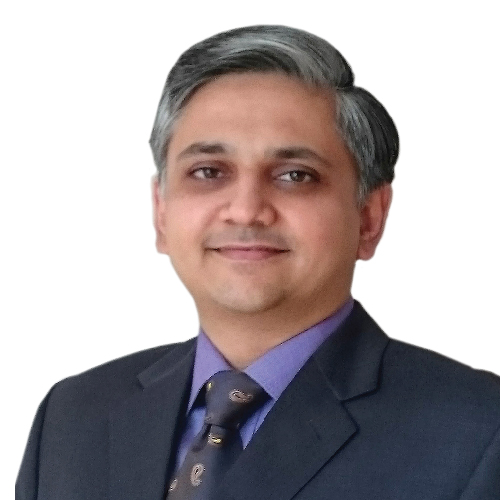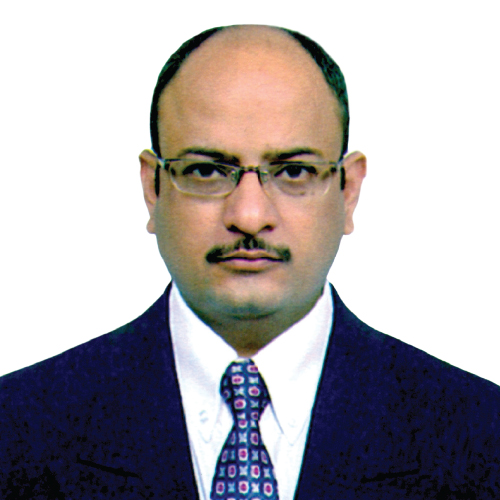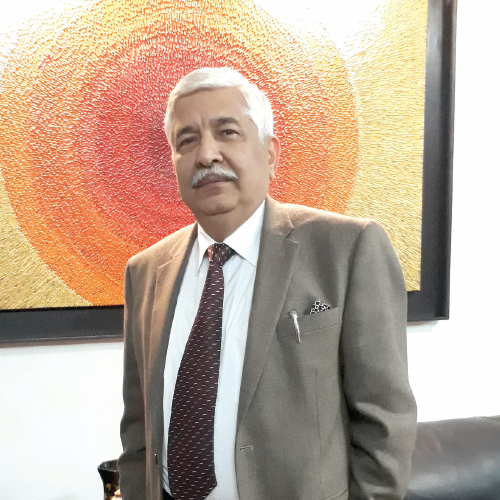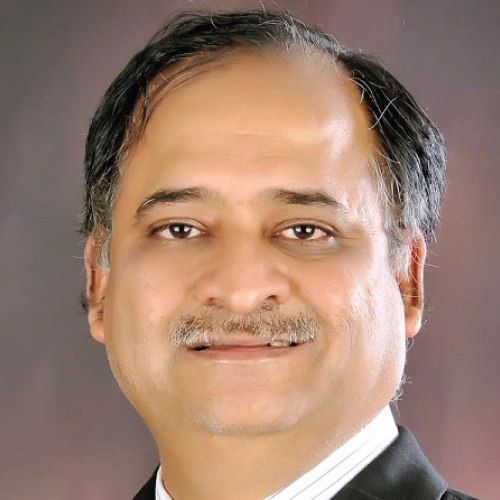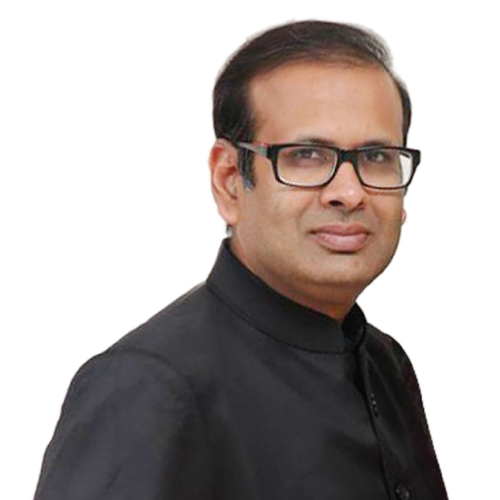

Taking tertiary healthcare to Tier-II cities and smaller towns of India, Nayati Healthcare has pioneered a revolution that promises to provide mass access to quality health services in the interiors of the country, says Dr RK Mani, Group CEO Medical and Chairman, Critical Care, Pulmonology and Sleep Medicine, Nayati Healthcare & Research in an interview with Elets News Network (ENN). Excerpts:
How is tertiary healthcare scenario getting transformed in smaller cities and towns of India?

Quality tertiary care is an unmet need in the smaller cities and towns of India. Over the years, the primary and secondary levels of healthcare have grown but proportionate evolution at the tertiary level of care has not taken place over vast regions, especially in the interiors of the country. In these regions, there is at best unorganised and patchy development of super specialty care. As tertiary care is concentrated mainly in big cities and metros, patients in the interiors have to cover long distances in order to access emergency services, critical care, cancer care, cardiac, gastrointestinal, renal, orthopedics, mother and child care and other medical and surgical services. A radical reform in our healthcare strategy is required to raise the level of healthcare in these regions, virtually from the scratch.
How Nayati Healthcare is involved in changing the healthcare delivery system in India?
The premise for setting up of Nayati Healthcare was to fill the gap in the healthcare space that had surfaced due to the lack of organised healthcare in tier-II&III cities of India. To raise the level, particularly upto the tertiary referral care, Nayati focuses on smaller cities in Northern India. The flagship 351-bed super specialty hospital was started in Mathura and a chain of such hospitals is on the anvil going forward. This initiative should start the transformation and rapidly reduce the widening urban-rural healthcare gap in the country.

Please tell us about your key offerings for the healthcare sector and how these are driving the companys growth.
Our offerings include setting up of tertiary level healthcare facilities to provide comprehensive care with all specialties under one roof. This model has been adopted because of interdependence of specialty departments and because in smaller cities and towns standalone facilities would not be able to meet the overall needs. Our charity wing, through well equipped mobile medical units have taken primary care to more than 4 lac patients into the rural interiors of the Western UP region. Through community activities we have taken initiatives to raise awareness of Health and Wellness as well. Answering to these felt needs would certainly extend our presence and our opportunities for meaningful contribution to the overall development of the region. We believe that with a world class hospital in Mathura, medical tourism can extend to the interiors of the country as there is substantial pilgrims traffic in Brajbhoomi.
Which key opportunities you see emerging in the healthcare space in India?
Poor access to healthcare by a large proportion of the population has been a challenge that has also brought great opportunities on several fronts. Besides extending access to quality healthcare infrastructure and reducing the barriers to delivery, I foresee a return of trained medical, nursing and paramedical personnel from the big metros to smaller towns and cities of India. It would also improve the retention of medical trainees in the region seeking advanced experience and training. New data and patient care experience in research would enrich professionals personally and healthcare information in general. There are new opportunities for disseminating healthcare education where there has been none. Lastly, there is opportunity to address the issue of cost and inclusivity through fiscal efficiency and extending the penetration of health insurance.
There are new opportunities for disseminating healthcare education where there has been none, thereby improving the scope of modern healthcare
Please tell us about the major challenges faced by healthcare providers like Nayati in making healthcare affordable and more inclusive.
Access to quality healthcare has been denied for millions by reasons of geographic distances, availability of expertise and affordability. Experience in Mathura showed us first hand the high density of disease burden in the region. It confirmed our estimate that the region would need all specialities under one roof.
Providing quality intensive care in a manner that the local population finds it affordable has been a major challenge. To balance the cost of setting up of infrastructure and cost of personnel against affordability is another challenge. Economy of scale should be the basis of improving affordability. For this purpose, reaching out to the communities to build relationships of trust and raising their awareness of new facilities now within their reach and being able to deliver end-to-end healthcare solutions have been the most important challenges.
The other major challenge has been to bring together top professionals in full-time capacity to pursue careers in Mathura because local availability, especially of super specialists, is scarce. Of course this is also an opportunity to train professionals settled in the region who do not have easy access to continuing medical education. This would contain the exodus of such personnel to the big cities. It has also been a challenge to settle personnel from across India in the region and provide them quality living conditions together with educational facilities for their children. We have efficiently put together infrastructure. This means that we choose equipment and technology judiciously to avoid over-capitalisation.
How do you think India can fill the wide rural-urban divide in quality healthcare services?
Ideally in India there should be no rural- urban divide as far as healthcare is concerned because we have an obligation to provide healthcare equitably, irrespective of the region or the socio economic strata.
In my opinion the existing rural- urban divide can be bridged by breaking the barriers of accessibility mentioned above. I think the initiatives taken by Nayati are extremely significant because we are among the first to take treatment directly to those who need it most.
Be a part of Elets Collaborative Initiatives. Join Us for Upcoming Events and explore business opportunities. Like us on Facebook , connect with us on LinkedIn and follow us on Twitter , Instagram.


